France has implemented a nationwide mandatory screening program for postpartum depression (PPD), positioning itself as a leader in maternal mental healthcare. This policy requires systematic evaluation of new mothers during postnatal consultations, aiming to improve early detection and intervention rates. The initiative reflects growing recognition of PPD as a significant public health concern with far-reaching consequences for maternal and child wellbeing.
Policy Framework
The screening mandate is embedded within France's existing maternal healthcare system, leveraging routine postnatal visits at specified intervals. Standardized assessment tools are administered by trained healthcare providers, with explicit protocols for positive screenings. The policy establishes clear referral pathways to mental health specialists while maintaining pediatric follow-up requirements to monitor infant outcomes.
Implementation Strategy
Screening occurs during mandatory postnatal consultations at both maternal and child health services. Healthcare professionals receive specialized training in administering evaluations and interpreting results sensitively. Electronic medical record systems prompt screenings and track compliance rates across regions. The program incorporates cultural adaptation measures for diverse populations.
Clinical Protocols
Validated depression scales form the core of the screening process, supplemented by clinical interviews when indicated. The system distinguishes between routine mood changes and pathological symptoms requiring intervention. Screening timelines account for the variable onset of postpartum depression, with repeated evaluations during the first year.
Healthcare System Integration
The policy creates formal connections between obstetric services, primary care, and mental health providers. Psychiatric consultations are reimbursed under national insurance for screen-positive mothers. Hospital maternity units coordinate with community-based follow-up programs to ensure continuity of care.
Data Collection & Monitoring
A national registry tracks screening rates, positivity rates, and treatment outcomes. Regional health agencies conduct regular audits to identify implementation gaps. The system monitors both under-screening and potential over-diagnosis trends across demographic groups.
Controversies & Challenges
Debates continue regarding the balance between mandatory screening and patient autonomy. Some clinicians express concerns about resource allocation and false positives. Implementation challenges include maintaining provider compliance and addressing regional disparities in mental health service availability.
Preliminary Outcomes
Early data indicates increased detection rates compared to previous voluntary systems. Treatment initiation has risen significantly, particularly among populations that previously underutilized mental health services. The policy appears successful in reducing the diagnostic gap between socioeconomic groups.
International Context
France's approach contrasts with the opt-in models predominant in other developed nations. The mandatory nature provides unique insights into population-level PPD prevalence that voluntary systems cannot capture. Other countries observe the French experience when considering similar legislation.
Future Directions
Planned enhancements include:
France's mandatory PPD screening policy represents an ambitious attempt to systemize maternal mental healthcare. While implementation challenges persist, the program demonstrates how structural healthcare reforms can address underdiagnosed conditions. The policy's evolution will provide valuable evidence regarding the effectiveness of population-level mental health screening mandates. Its success could influence global standards for perinatal mental healthcare delivery and inspire similar initiatives worldwide.

By Emily Johnson/Mar 29, 2025
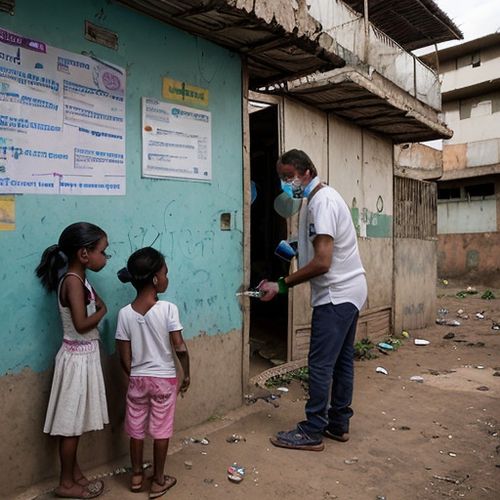
By Olivia Reed/Mar 29, 2025

By Benjamin Evans/Mar 29, 2025

By Jessica Lee/Mar 29, 2025
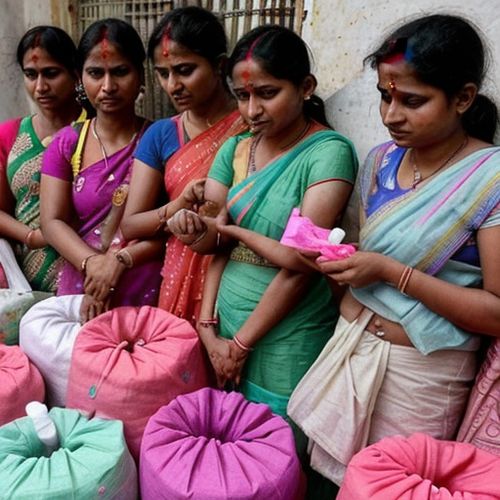
By Benjamin Evans/Mar 29, 2025
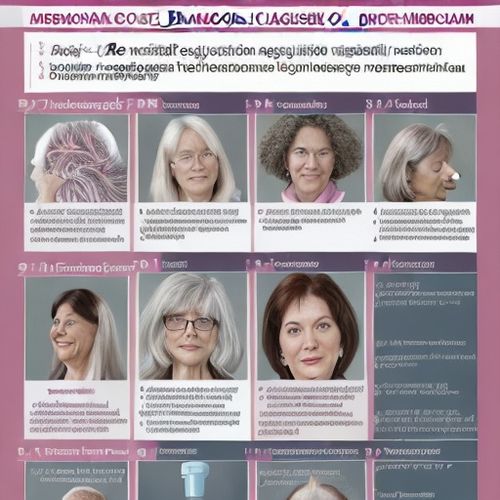
By Noah Bell/Mar 29, 2025
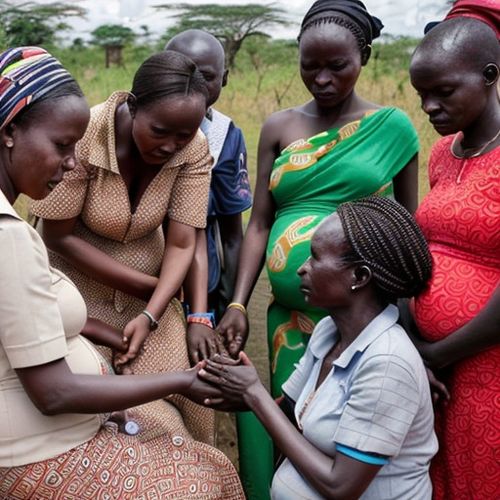
By Emily Johnson/Mar 29, 2025

By Grace Cox/Mar 29, 2025

By Megan Clark/Mar 29, 2025

By Sophia Lewis/Mar 29, 2025

By Joshua Howard/Mar 29, 2025

By Ryan Martin/Mar 29, 2025
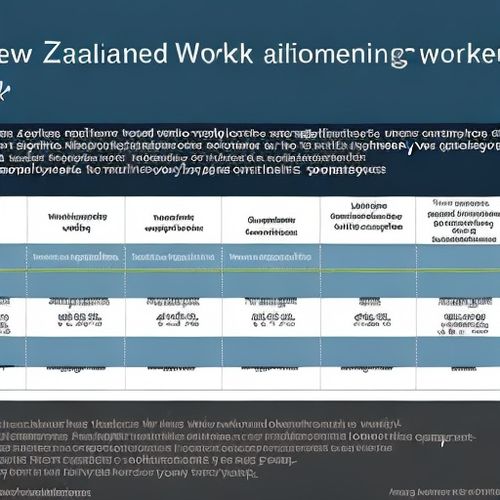
By John Smith/Mar 29, 2025

By Megan Clark/Mar 29, 2025

By George Bailey/Mar 29, 2025

By Ryan Martin/Mar 29, 2025

By Benjamin Evans/Mar 29, 2025

By Emma Thompson/Mar 29, 2025
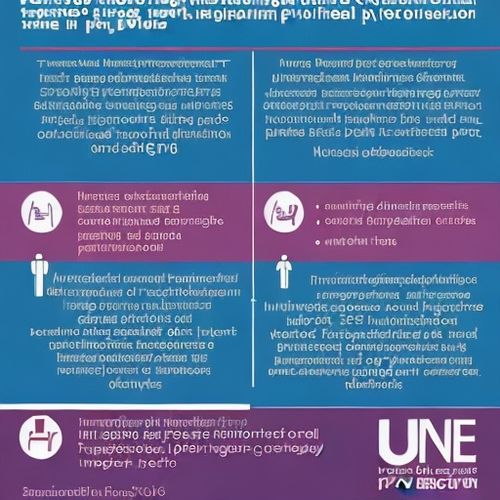
By Lily Simpson/Mar 29, 2025

By Amanda Phillips/Mar 29, 2025